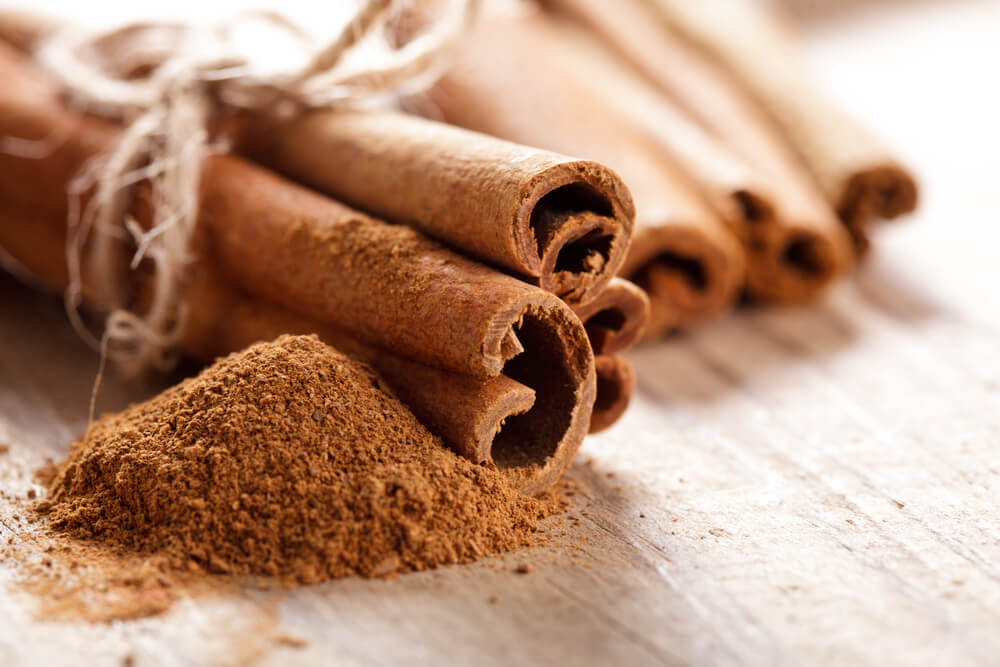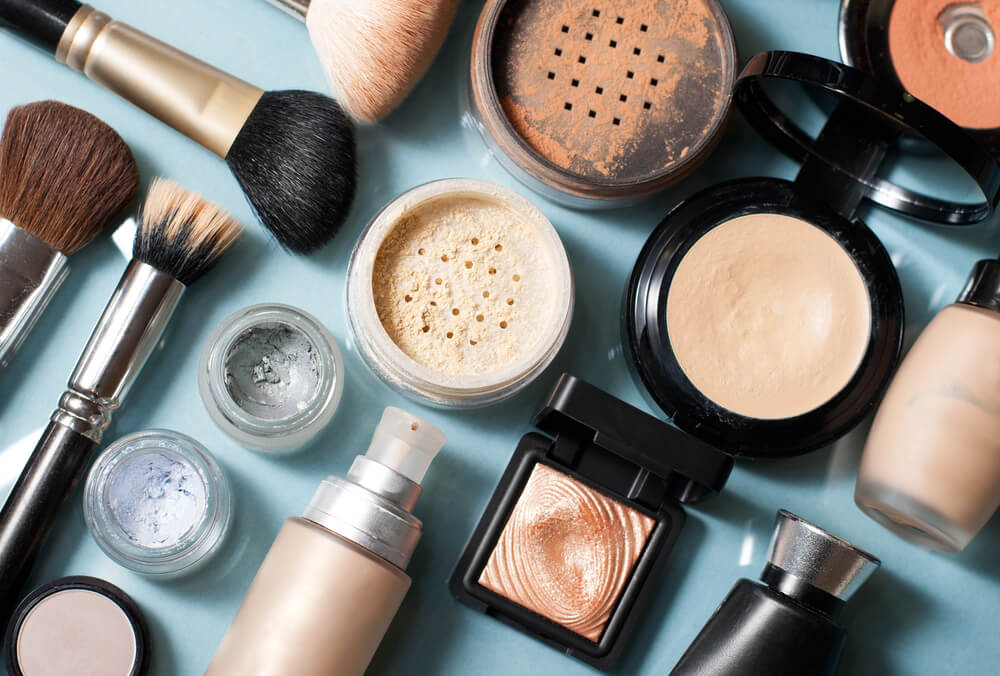80% of all infections: what diseases can be picked up during a handshake
'24.07.2019'
Source: Clever
A handshake is the oldest communicative way of showing friendliness. Not only men, but also women throughout Europe use this tradition of greeting, both in relation to friends and friends, and to strangers. Meanwhile, according to the World Health Organization, eighty percent of all existing infectious diseases are transmitted during a handshake.

Intestinal infections
Almost all infections of the gastrointestinal tract are called “dirty hands diseases” by domestic doctors, writes Clever. At the same time, the patient himself can strictly observe hygienic procedures, but at the same time be a friendly individual or a responsible person who is constantly in contact with a huge number of people. In the hands of an ordinary person lives a lot of bacteria; they get there after traveling in the subway, during a trip to the store, to any public institution or just to the toilet. But few people wash their hands with soap a few times a day.
Being at an important meeting or, for example, at a corporate party, even for one handshake, an individual receives salmonella, E. coli, dysentery pathogens and other pathogenic bacteria on his palm. And if among his entourage are people weakened even by ordinary colds, then all these bacteria on his palms will simply be swarming. However, a healthy person for an outbreak of disease is not enough just to get them on your skin. To start the inflammatory process, pathogens of intestinal infections should get into the mouth.
And in fact, often after handshakes, buffets, business lunches, parties, smoke breaks begin, and at precisely such times the pathogenic bacteria appear in the oral cavity, where they begin to multiply actively. If the immune system is weakened, the development of intestinal infection will occur with high probability.
On the subject: Airplane, hotel, beach: how not to catch the infection in the most contagious places on vacation
Viruses
Scientists at Cardiff State University conducted a survey among thousands of Britons, trying to understand their attitude to their own health. More than half of the respondents said that when communicating with a sick person they would not kiss him or even come close to him. And if they understand that a friend is sick with the flu or ORVI, then eighty percent of those polled said they would prefer to shake hands with him.
Meanwhile, the spread of an acute respiratory viral infection through a friendly kiss is a myth. Scientists from Cardiff University insist that the most effective way to infect SARS is by shaking hands. They explain this fact by the fact that the transmission of the virus does not occur through saliva, but through mucus. A sick person with a cold touches his nose and eyes with his hands, sneezes in his palms or covers his mouth with them - and particles of mucus remain on his hands and fingers.
Therefore, when shaking hands, they easily fall into the palm of a healthy respondent, who then also touches his face, eyes, lips and puts the virus on his mucous membranes.
Similarly, infection with human papillomavirus or the common people - warts. They live on the fingers and palms of the patient, and until he begins to deduce them, these tumors on the skin are invisible. When shaking hands, the virus is easily transmitted to a healthy person, and he himself, also accidentally touching his mucous membranes, further brings him inside the body. Well, then the warts begin to grow on the most affected areas of the skin.
On the subject: What is dangerous air conditioning and how not to get sick, cooling the room in the heat
Dermatitis
Infectious dermatitis is a very frequent phenomenon in the modern world. According to researchers from the University of Aberystwyth in Wales, even as a result of a short and light handshake with a sick person, pathogens such as candidomycosis and streptococci instantly appear on the healthy skin.
And even if, after the handshake, the human hands were exposed to hot water treatment, but without soap, there still remains the risk of infection with fungal diseases, scabies, and impetigo - superficial pustular pyoderma. And the treatment of these three infections is very difficult and can take several months.
That is why British scientists in their studies offer men to completely abandon handshakes, replacing them with a friendly pat on the shoulder, and women with an imitation of a kiss. Such communicative methods will largely slow down the mass transmission of infections and preserve the health of an as-yet non-infected person.







